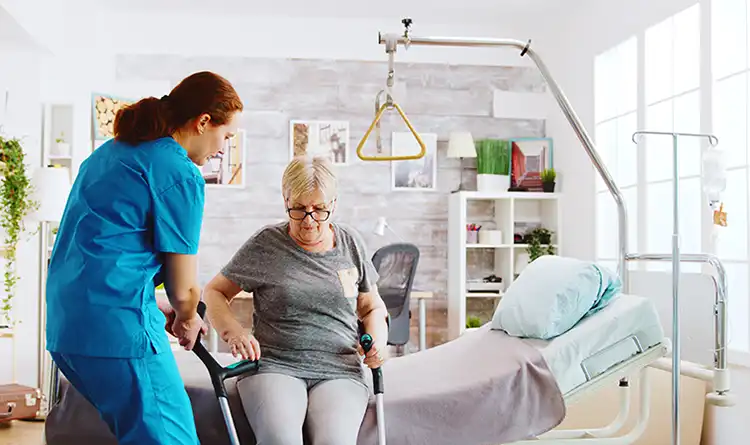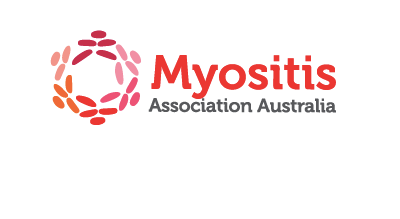A chronic disease is a long-term condition that doesn’t get better on its own and is not cured completely.
Caring for someone with a chronic disease is challenging and emotionally draining. This is because the progress of the disease, and the changes this may cause in the person you’re caring for create a difficult situation. Myositis is progressive and presents significant challenges for patients and carers. The role of carers in the journey is recognised and we extend support and offer coping resources.
Finding out all you can about their particular condition and how to manage it can help.
There are many tips and resources online that may help you look after a person with a chronic disease. The Disability Gateway has information and services to help people with disability, their family, friends and carers, to find the support they need in Australia https://www.disabilitygateway.gov.au/
As a carer, you play an important role in helping the person you care for do what they can to manage their own chronic disease.
Self-management is about:
- learning what you can about the disease, its treatment and management
- understanding the medications prescribed
- building skills to help manage the fatigue, pain, frustration and isolation that people with chronic disease often get
- communicating effectively with health professionals by answering questions accurately, asking your own questions and making sure you understand the information given to you. Remember that if you want to speak to health professionals about the chronic disease of the person you care for, you will need the person’s written consent. Ask the health professional about the best way to do this.
- improving nutrition and general health
- including activity and fitness sessions in daily routines
- practising relaxation techniques and problem-solving skills
- finding and accessing community support groups and other useful resources
- managing emotions that often seem to be part of everyday life.
The person you care for may also like to attend an information session designed for people living with chronic conditions.
Contact your local GP for more information on courses in your area. Because of the relentless demands associated with chronic illness, understanding positive methods of coping can greatly benefit everyone affected by the condition.
Helpful coping strategies include:
- Take breaks —Schedule quiet time, visit with friends who can offer positive reinforcement, or take regular days off from routine. Home health agencies may offer “respite care” or adult day care programs that can give you a break.
- Take care —Eat balanced meals, get an adequate amount of sleep, and check with a doctor about any continuing problems.
- Understand your limits —Find local resources that can offer physical, emotional, and psychological support to you as a caregiver. Realize that you cannot do everything for everyone. Find out if your state offers helpful programs.
- Getting help —Relieve feelings of isolation, anger, and frustration by seeking out the help of counselors or support group.
- Plan ahead —Take advantage of professionals who can help you get ready for legal, financial, or long-term health issues before you need them. Accept that your loved one’s status may change and you may not be able to help any further. If necessary, seek guidance for end of life issues.
The most important point to remember is that you do not need to go through this alone. There are resources available to help you and your loved one. Reach out and contract someone for the support that you deserve.
Your GP is able to assist with a Care Plan which will allow a series of visits with a range of support services such as psychology, psychiatry, counselling, physiotherapist, dietician, occupational therapist and social worker..

